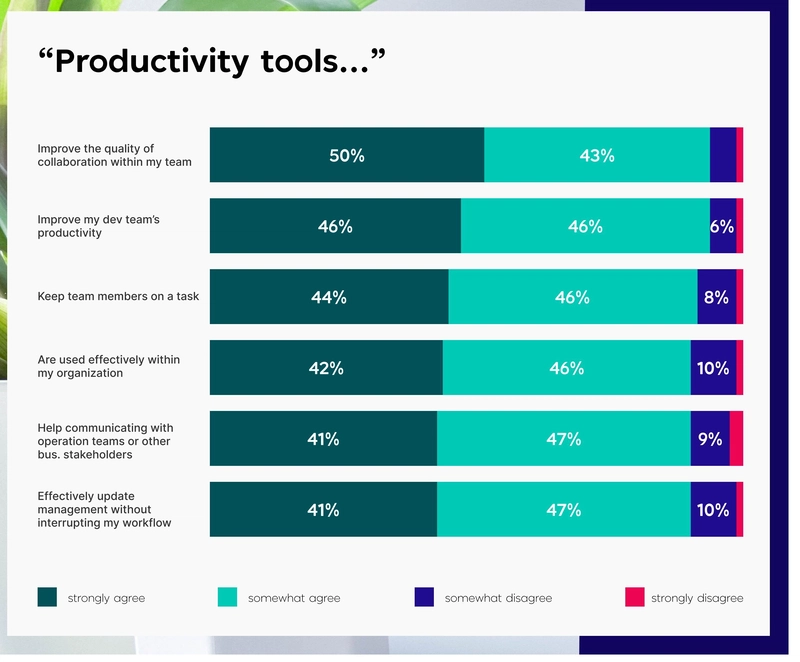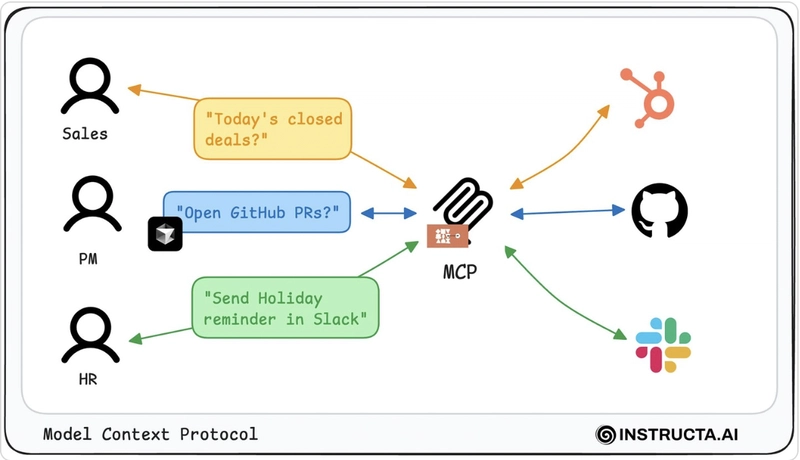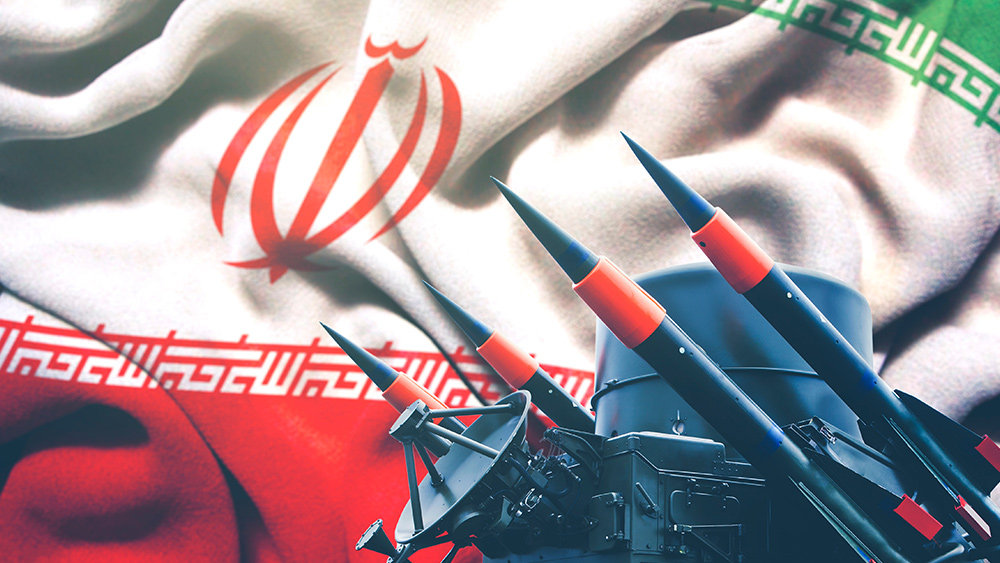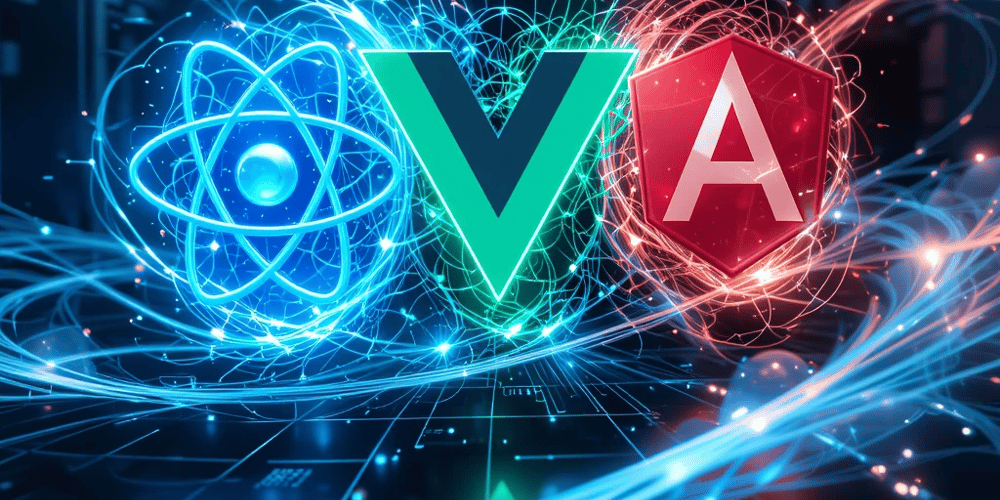The Rise of AI: Transforming the World as We Know It
Artificial Intelligence (AI) has rapidly evolved from a futuristic concept to an essential part of our daily lives. Whether it’s voice assistants like Siri and Alexa, recommendation algorithms on Netflix, or self-driving cars, AI is shaping the world in unprecedented ways. As businesses, governments, and individuals integrate AI into their workflows, its influence continues to expand, raising both excitement and concerns about the future. The Evolution of AI AI’s journey began in the mid-20th century when pioneers like Alan Turing and John McCarthy conceptualized machines that could mimic human intelligence. Over the decades, advancements in computing power, machine learning, and big data have accelerated AI’s capabilities. Today, AI systems can perform complex tasks such as natural language processing, facial recognition, and predictive analytics with remarkable accuracy. AI in Everyday Life AI is no longer confined to research labs and tech companies—it’s embedded in everyday applications. Smart assistants help us manage our schedules, AI-powered chatbots provide customer service, and healthcare professionals use AI for early disease detection. In the financial sector, AI helps detect fraudulent transactions, while in education, it personalizes learning experiences for students. The Impact on Industries Industries across the globe are leveraging AI to optimize efficiency and productivity: Healthcare: AI-powered diagnostics and robotic surgeries are revolutionizing patient care. Retail & E-commerce: AI-driven recommendation engines enhance the shopping experience. Manufacturing: Automation and AI-powered robots streamline production. Finance: AI detects fraud and provides predictive market insights. Transportation: Autonomous vehicles and traffic optimization improve mobility. The Ethical and Social Challenges of AI While AI offers numerous benefits, it also raises ethical and social concerns. The potential for job displacement due to automation, biases in AI algorithms, and privacy issues are hot topics of debate. As AI systems become more powerful, ensuring transparency, fairness, and accountability becomes crucial. Governments and organizations are working on regulatory frameworks to address these challenges while promoting responsible AI development. The Future of AI AI is poised to redefine how we live and work in the coming decades. Emerging trends such as AI-powered creativity, AI-human collaboration, and quantum AI promise groundbreaking advancements. However, balancing innovation with ethical considerations will be key to ensuring AI remains a force for good. As we stand on the brink of an AI-driven era, one thing is certain: AI is not just a tool; it’s a transformative force that will shape the future of humanity. The rise of AI is not just about technology—it’s about reimagining possibilities and creating a smarter, more connected world.
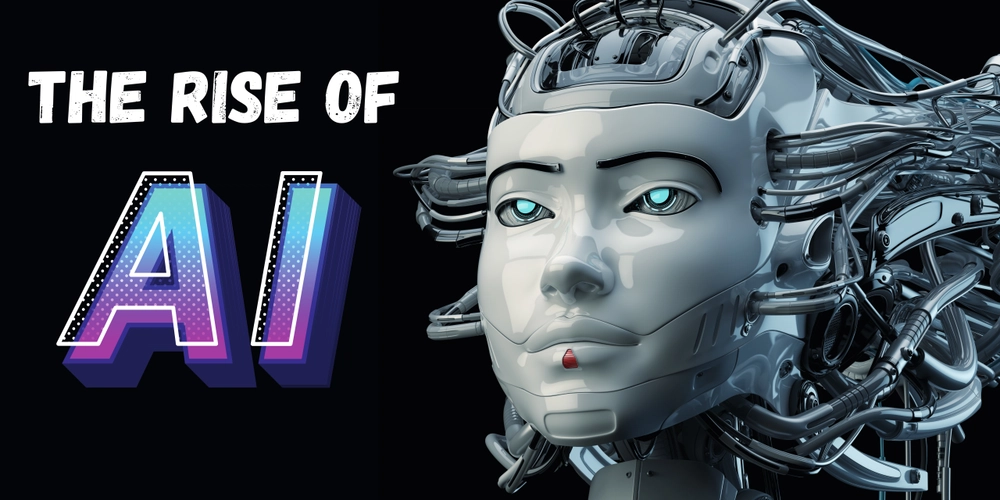
Artificial Intelligence (AI) has rapidly evolved from a futuristic concept to an essential part of our daily lives. Whether it’s voice assistants like Siri and Alexa, recommendation algorithms on Netflix, or self-driving cars, AI is shaping the world in unprecedented ways. As businesses, governments, and individuals integrate AI into their workflows, its influence continues to expand, raising both excitement and concerns about the future.
The Evolution of AI
AI’s journey began in the mid-20th century when pioneers like Alan Turing and John McCarthy conceptualized machines that could mimic human intelligence. Over the decades, advancements in computing power, machine learning, and big data have accelerated AI’s capabilities. Today, AI systems can perform complex tasks such as natural language processing, facial recognition, and predictive analytics with remarkable accuracy.
AI in Everyday Life
AI is no longer confined to research labs and tech companies—it’s embedded in everyday applications. Smart assistants help us manage our schedules, AI-powered chatbots provide customer service, and healthcare professionals use AI for early disease detection. In the financial sector, AI helps detect fraudulent transactions, while in education, it personalizes learning experiences for students.
The Impact on Industries
Industries across the globe are leveraging AI to optimize efficiency and productivity:
- Healthcare: AI-powered diagnostics and robotic surgeries are revolutionizing patient care.
- Retail & E-commerce: AI-driven recommendation engines enhance the shopping experience.
- Manufacturing: Automation and AI-powered robots streamline production.
- Finance: AI detects fraud and provides predictive market insights.
- Transportation: Autonomous vehicles and traffic optimization improve mobility.
The Ethical and Social Challenges of AI
While AI offers numerous benefits, it also raises ethical and social concerns. The potential for job displacement due to automation, biases in AI algorithms, and privacy issues are hot topics of debate. As AI systems become more powerful, ensuring transparency, fairness, and accountability becomes crucial. Governments and organizations are working on regulatory frameworks to address these challenges while promoting responsible AI development.
The Future of AI
AI is poised to redefine how we live and work in the coming decades. Emerging trends such as AI-powered creativity, AI-human collaboration, and quantum AI promise groundbreaking advancements. However, balancing innovation with ethical considerations will be key to ensuring AI remains a force for good.
As we stand on the brink of an AI-driven era, one thing is certain: AI is not just a tool; it’s a transformative force that will shape the future of humanity. The rise of AI is not just about technology—it’s about reimagining possibilities and creating a smarter, more connected world.











